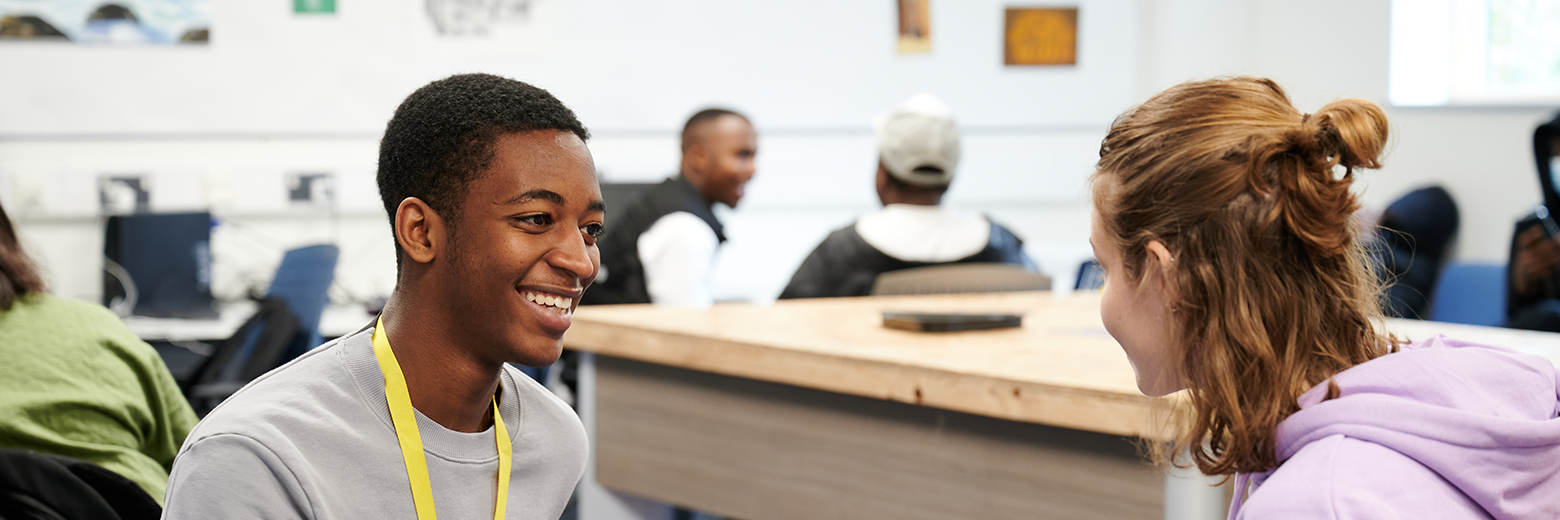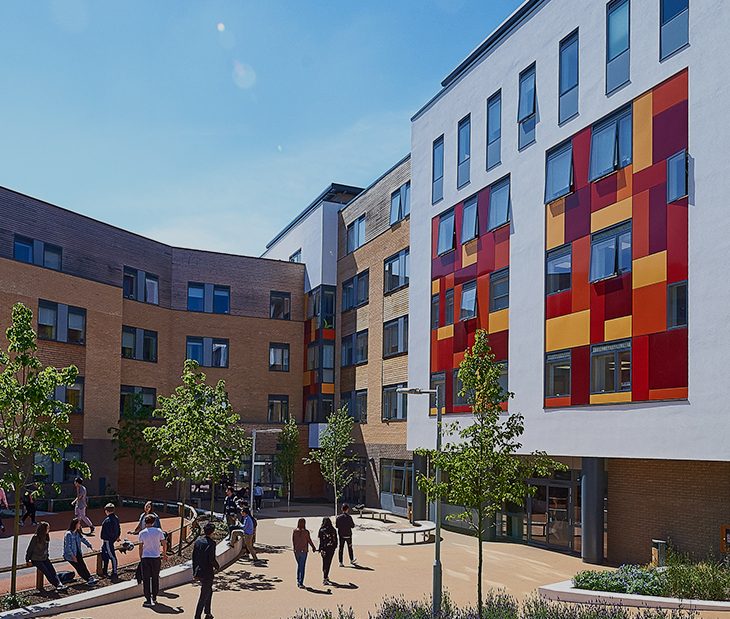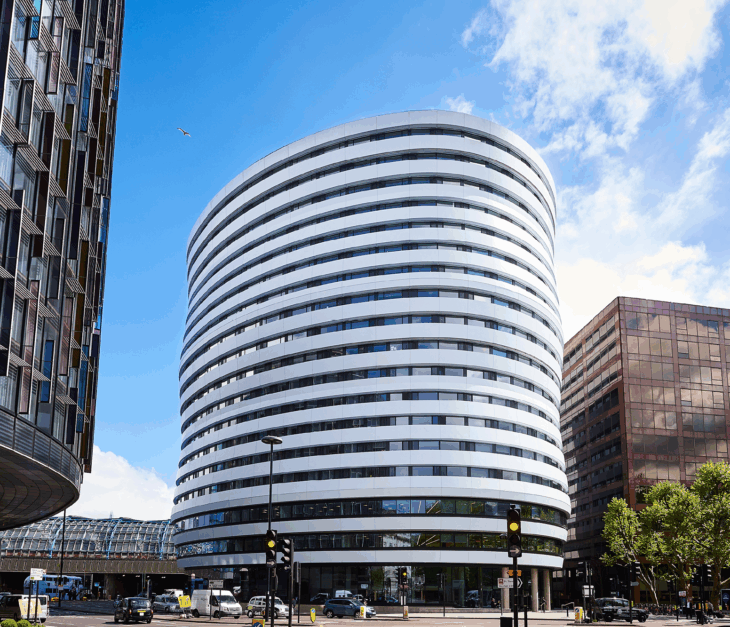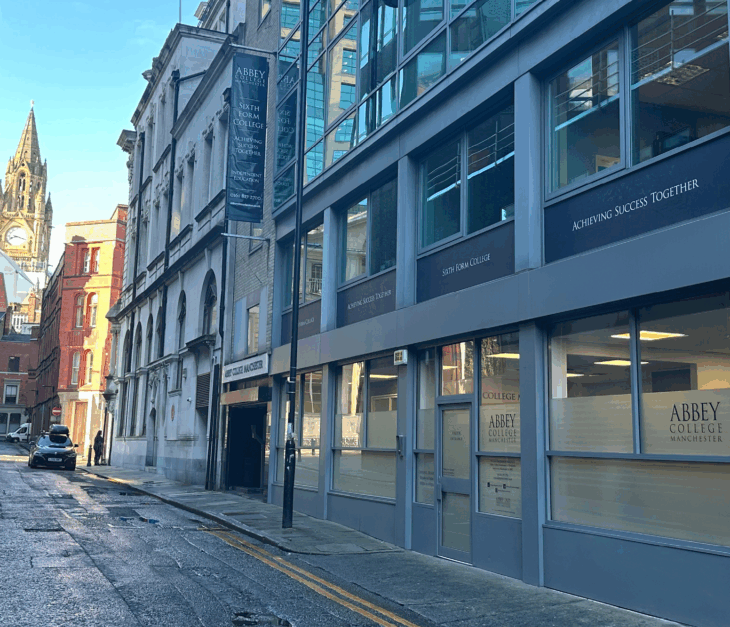Navigating the French and British Education Systems: A Guide for French Students Considering Study in the UK.
12th November 24

Studying in the UK offers an exciting opportunity for French students looking for an international education experience. While the French system follows a structured path from écoles maternelles to lycée, the British system progresses from primary school to A-Levels or vocational qualifications.
This guide highlights the key differences between the two systems, helping French students and their families understand the British educational stages and make a smooth transition. Whether you’re a student or parent, this comparison will offer valuable insights to support your educational journey in the UK.
French Education System
The French education system consists of three stages, Primary, secondary and higher education. It starts with écoles maternelles, nurturing children from age two to six with early learning and social development. Primary school then builds on this foundation with a focus on language, math, creativity, and physical activity to foster both academic and personal growth.
At age 11, students move to collège (middle school), where they study subjects like sciences, arts, and languages, completing lower secondary education with the Diplôme national du brevet. For upper secondary, students can choose between academic, technical, or vocational tracks, leading to the baccalauréat qualification, a key step to higher education.
In university, students pursue a Licence (Bachelor’s degree) in various fields, gaining a strong academic and practical foundation for careers.
British Education System
The UK education system consists of distinct stages tailored to various age groups and educational needs.
Key Stages 1 and 2, also known as primary education is compulsory for children age 5-11, and includes core subjects like English, maths, and science.
Key Stages 3 and 4, also known as secondary education, and are for students age 11-16. Key stage 4 culminates in the compulsory GCSE examinations required for progression to further education.
Key stage 5, or Further Education (FE) offers students age 16+ with a range of opportunities including A-levels, vocational courses, and apprenticeships, all of which prepare students for higher education or employment.
Upon completion of Further Education, students either enter the workforce or progress to university, also known as Higher Education to complete an undergraduate degree and then for those that wish to, a postgraduate degree.

Primary Education in France
Primary education in France establishes a strong foundation for young learners, beginning with écoles maternelles (pre-primary schools) for ages two to six, followed by a five-year primary programme. This structure focuses on academic fundamentals like language and mathematics, alongside personal development through creativity, critical thinking, and physical activity, aiming to foster a lifelong love of learning.
· Pre-Primary
Écoles maternelles provide pre-primary education for children aged two to six, focusing on social and academic growth. Known as cycle one, this stage nurtures oral language, early literacy, and numeracy skills through play, problem-solving, and memory exercises, laying a foundation for future success.
· Primary
Primary education, from ages 6 to 11, is divided into two cycles. Cycle 2 includes cours préparatoire (CP), cours élémentaire première année (CE1), and cours élémentaire deuxième année (CE2), focusing on core skills in language and math. Cycle 3, covering cours moyen (CM1, CM2) and the start of lower secondary, reinforces foundational knowledge and introduces subjects like science, history, and art. This curriculum encourages academic and personal growth by promoting observation, experimentation, creativity, motor skills, and imagination.
Primary Education in the UK
In comparison, children in the UK often attend nursery prior to joining any formal education. Nursery, or pre-primary education in the United Kingdom gives children up to five a taste of a school-like environment before they start primary school. Most children attend part-time and during term-time only.
Primary education consists of Reception, Key Stage 1 and Key Stage 2. Reception is the first year of Primary School and most children start full-time in the September after their fourth birthday. However, it is not compulsory to attend school until a child turns 5.
Key stages 1 and 2 then cover ages 5 to 11 (years 1-6) and focus on building essential skills that will help with learning later on. At the end of key stage 2, also known as year 6, students often move to a secondary school.
Whilst many independent schools in the UK provide education for students from key stage 1 all the way through to key stage 5, states schools often finish at key stage 2 or start at key stage 3. In most cases, students attend a primary school for key stage 1 and 2 and then change to a secondary school at the age of 11 to continue with key stage 3, 4 and 5.

The Abbey DLD Group of Colleges (ADLD) consists of three independent sixth form colleges located in Cambridge, London, and Manchester, offering a wide range of academic study programmes.
Secondary Education in France
Secondary education covers seven years from ages 11 to 18 and is divided into two cycles. The majority of secondary school students in France attend public, state-operated schools, while some attend private schools, most of which are Catholic, though some offer alternative education, including international and bilingual options. The Ministry of Education oversees France’s state schools, and schooling is compulsory until age 16.
· Lower Secondary
From ages 11 to 15, students attend middle school, known as collège. Lower secondary education, enseignement secondaire du premier cycle, is provided by collèges. This stage of education encompasses the final year, the sixième (6e), of cycle 3(cycle de consolidation), as well as cycle 4, (cycle des approfondisesements).
Pupils study the following compulsory subjects at lower secondary level:
- Arts
- Earth & life sciences
- French
- History/Geography/Moral & civic education
- Mathematics
- Modern Languages
- Physical Education
- Physics/Chemistry
- Technology
The final qualifications awarded at lower secondary levels are the Diplôme national du brevet and the certificat de formation générale.
· Upper Secondary
Upper secondary education in France is provided by two school types: lycée d’enseignement général et technologique (LEGT) for academic and technical education, and lycée professionnel (LP) for vocational training leading to the Diplôme du baccalauréat professionnel. This stage lasts three years, covering seconde (Year 10), première (Year 11), and terminale (Year 12).
In the first year at LEGT, all students study a broad curriculum with optional and compulsory subjects, including:
- Earth & Life Sciences
- Economic & Social Sciences
- French
- History/Geography
- Mathematics
- Modern Languages A & B
- Moral & Civic Education
- Numerical Sciences & Technology
- Physics/Chemistry
- Physical Education
After the first year, students choose between the general (voie générale) and technical (voie technologique) streams, leading to either the Diplôme du baccalauréat général or Diplôme du baccalauréat technologique. The baccalauréat programmes were updated for students graduating from 2021 onwards.
· Option Internationale du Baccalauréat (Baccalauréat with International Option)
An international version of the Baccalauréat général, known as the Option Internationale du Baccalauréat (OIB), is also available. This pathway is typically chosen by foreign students living in France or French students who are fluent in a foreign language. In addition to the standard voie générale programme, students take extra subjects taught at a first-language level.
The exams for the OIB are managed jointly by the French Ministry of Education and an educational body from the relevant foreign country, such as Cambridge Assessment International Education in the UK. It’s important to note that the OIB is distinct from the International Baccalaureate (IB).
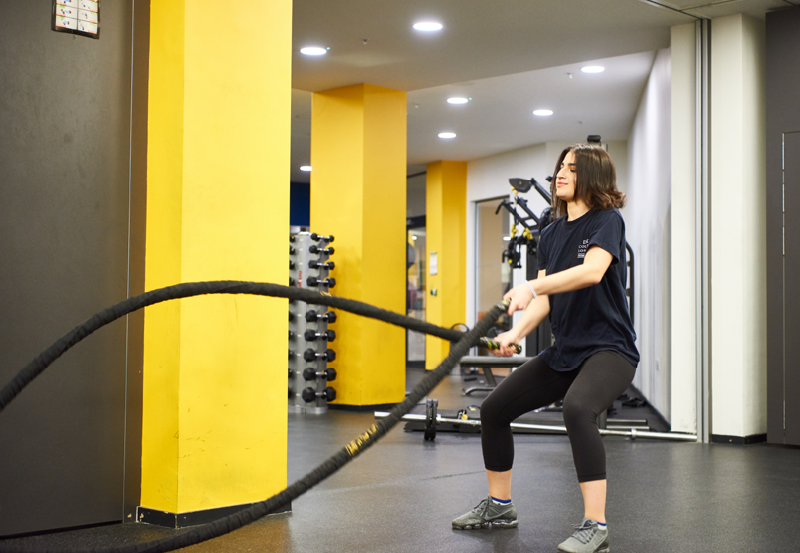
Secondary and Further Education in the UK
In comparison, in the UK there are three distinct stages. Secondary education made up of key stage 3 and 4, and further education consist of key stage 5.
Key stage 3 is taught to students age 11-14. In the UK, as children progress into Key Stage 3 there’s a notable shift towards more rigorous academic pursuits. With a focus on sharpening on core subjects. Students continue to study a broad curriculum that spans the national curriculum however towards the end of year 9, students will select their GCSE subjects.
Key stage 4 is taught from age 14-16 and is the point at which students the education journey intensifies however students do begin to have some flexibility at this stage of their academic journey.
Whilst Maths, English and Science are mandatory, electives are then chosen by the student, in consultation with the school and the parents. Students study for 2 years culminating in the pivotal General Certificate of Secondary Education (GCSE) exams. It is a significant juncture in students’ educational pathways, where they demonstrate proficiency across various subjects.
Following this phase, between ages 16 and 18, students advance to Key Stage 5. Here, they pursue qualifications such as A Levels or vocational courses like BTECs. This stage serves as a transitional bridge, facilitating their progression into higher education or specialised fields.
Higher Education in France
In France, undergraduate degrees, known as Licences, typically last three years. Some students choose extended programmes in fields like engineering or medicine, which can take up to five or more years.
Licence degrees offer flexibility, with options for focused study (general Licence) or practical training (professional Licence). Students can specialise in a single subject or follow multidisciplinary paths across traditional and professional fields, including law, science, and business. French universities provide a well-rounded academic and practical foundation, equipping students with essential skills and knowledge for their chosen careers.
Higher Education in the UK
Undergraduate degrees in the UK are usually 3 years. Some students elect to join a four-year degree programme whilst for fields such as engineering, law, or medicine, the duration may extend to five or six years.
Undergraduate degrees with Honours offer versatility. Students specialise in a single subject (single Honours) or opt for a combination of two (combined Honours). With a diverse array of subjects available, spanning both traditional disciplines and professional pathways like medicine or dentistry, the academic journey extends beyond mere classroom learning. It serves as a comprehensive preparation for expertise within each student’s chosen field.

French vs British Education System Comparison Table
To provide a clear overview, the comparison table below highlights the key differences between the French and British education systems:
| Education Stage | French Education System | British Education System |
| Pre-Primary
| Écoles Maternelles: Ages 2-6 | Nursery (Optional): Ages 0-5 |
| Duration: 4 years | Duration: Varies | |
| Primary Education
| Primary School: Ages 6-11 | Reception, Key Stage 1 & 2: Ages 4-11 |
| Duration: 5 years | Duration: 7 years | |
| Lower Secondary
| Collège: Ages 11-15 | Key Stage 3: Ages 11-14 |
| Duration: 4 years | Duration: 3 years | |
| Upper Secondary
| Lycée (LEGT/LP): Ages 15-18 | Key Stage 4 (GCSEs): Ages 14-16 |
| Duration: 3 years | Duration: 2 years | |
| Further Education
| N/A | Key Stage 5 (A Levels/Vocational): Ages 16-18 |
| Duration: 2 years | ||
| Higher Education
| Licence (Bachelor’s): Ages 18+ | Undergraduate Degree: Ages 18+ |
| Duration: Typically 3 years, with extended programs possible | Duration: Typically 3 years, extended for certain fields |
Why Study at Abbey DLD Colleges?
The Abbey DLD Group of Colleges (ADLD) consists of three independent boarding schools located in Cambridge, London, and Manchester, offering a wide range of academic study programmes.
At Abbey DLD we strive to achieve the highest academic standards whilst providing a welcoming, safe, high-quality learning and boarding experience for students from around the world. Our aim is to help our students achieve the academic success needed to progress to the UK and the world’s top universities, whilst also developing the personal skills and qualities to succeed at university and beyond.
We offer GCSEs, BTECs, A Levels and International Foundation Programmes to give our British and International students access to UK and international universities.
Do You know:
Every year Abbey DLD Students achieve outstanding results and move on to join some of the world’s most prestigious and highly-ranked universities. In 2023, 41% of our A Level students and 38% of our Foundation students progressed to Russell Group Universities, and 14 of our students progressed to study at Oxbridge Colleges or Medical School.
Conclusion
In summary, understanding the distinctions between the French and British education systems can help French students and their families make informed decisions when considering study opportunities in the UK. While the French system emphasises a structured progression with specific diplomas like the baccalauréat, the British system offers a flexible path through GCSEs, A-Levels, and vocational courses. This adaptability can open doors to a wide range of academic and career pathways in the UK and beyond.
At Abbey DLD Colleges, we support international students every step of the way, offering tailored programmes like GCSE, A-Levels, BTECs, and Foundation courses to help students achieve top academic results and gain admission to prestigious universities worldwide. By joining Abbey DLD, French students can experience a welcoming environment focused on personal growth, academic excellence, and preparation for future success.
Please note that our three colleges, each with its own unique character, all share a common goal: to deliver outstanding educational and residential experiences for students aged 13 to 21. We offer Year 9, GCSE, A Level, BTEC and International Foundation Programme courses. We do not provide university-level undergraduate or postgraduate education.
Blog Author

Peggy Lardot
Senior Regional Manager, UK & Europe, Abbey DLD Group of Colleges
E: Peggy.Lardot@abbeydld.co.uk
T: +44 (0)7585 308324
Get in touch today:
Since 1931, the Abbey DLD Group of Colleges has been synonymous with high-quality education, top university destinations, and enriching academic and pastoral experiences. Abbey DLD students graduate equipped with the skills to progress in their university studies and future careers, with friends from all around the world, and having made memories to remember for a lifetime.
Want to learn more about studying at the Abbey DLD Group of Colleges? Simply complete the form below and one of our admissions advisors will be in touch with you shortly.

